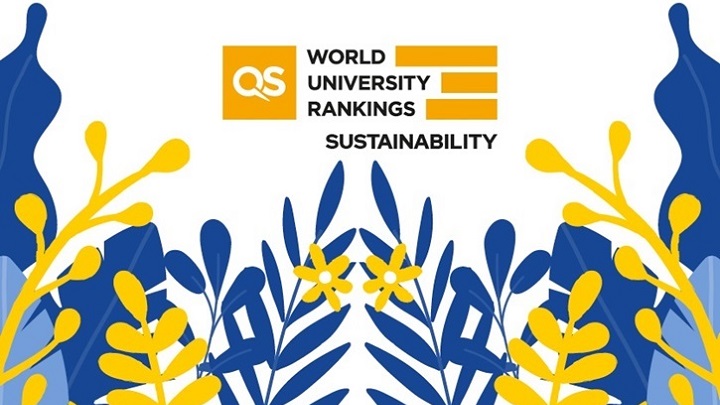The UB, a leader in sustainability

The University of Barcelona has reached the 76th position worldwide, 35th in Europe and first in Spain in the second edition of the QS sustainability ranking, which this year evaluated 1,397 universities around the world, twice as many institutions as last year.

The University of Barcelona has reached the 76th position worldwide, 35th in Europe and first in Spain in the second edition of the QS sustainability ranking, which this year evaluated 1,397 universities around the world, twice as many institutions as last year.
This ranking analyses the results for each university in the categories of environmental impact, social impact and governance. The UB is above the overall average in all three categories, each of which considers a different set of dimensions. In the environmental impact category, the UB scores particularly well in the sustainable institution dimension, and in terms of social impact it stands out in education and health and well-being.
The ranking is based on information provided by the universities themselves and data from QS, Elsevier and organizations such as UNESCO and the World Bank. The UB has provided data on sustainability; environmental education and research; equality; knowledge transfer and education; health and well-being; and governance.
This ranking, which started last year with a first pilot edition, aims to show how universities are tackling major environmental, social and governance challenges. It is based on evidence on the impact of graduates in creating science and technology to solve climate-related issues, for example, or on the impact of research on the United Nations Sustainable Development Goals.
In the social impact category, universities' efforts to improve society are assessed, either through measures for equality or through the knowledge and experience gained by students. In the environmental impact category, actions towards positive change for the planet are assessed, whether through research, climate policy or the contributions that graduates make to creating a more sustainable world. And the governance category is based on the principle that good leadership and democratic processes are necessary to achieve the challenges.
